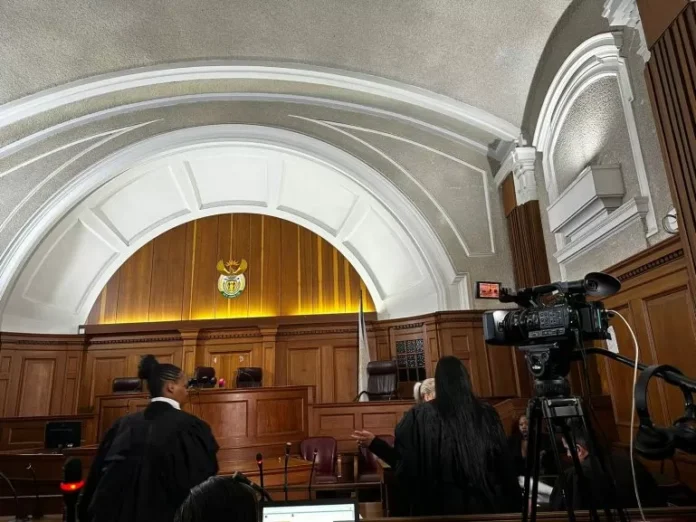The Electoral Court is an important institution in any democratic country, as it plays a crucial role in ensuring free and fair elections. In South Africa, the Electoral Court oversees the conduct of elections and works closely with the Electoral Commission (IEC) to uphold the principles of democracy and protect the rights of citizens to vote.
The Electoral Court was established in 1996 as part of the Independent Electoral Commission Act. Its main function is to hear and determine disputes related to elections, including complaints about the registration of voters, the conduct of political parties, and the counting and announcement of election results. The court is made up of judges appointed by the Chief Justice, ensuring its independence and impartiality.
One of the key responsibilities of the Electoral Court is to ensure that the electoral process is transparent and fair. This is achieved through the monitoring of political parties and candidates, as well as the implementation of strict rules and regulations to prevent any form of electoral fraud or malpractice. The court also has the power to investigate any complaints or irregularities that may arise during the election process.
The Electoral Court works closely with the Electoral Commission (IEC), which is responsible for the overall management of elections in South Africa. The IEC is an independent body that is tasked with registering voters, managing the electoral roll, and conducting free and fair elections. The IEC also works with political parties and candidates to ensure that they adhere to the rules and regulations set out by the Electoral Court.
The relationship between the Electoral Court and the IEC is crucial in maintaining the integrity of the electoral process. The court provides oversight and guidance to the IEC, ensuring that all electoral activities are carried out in a transparent and accountable manner. This partnership has been instrumental in upholding the democratic principles of South Africa and has earned the country a reputation for having one of the most credible electoral systems in the world.
The Electoral Court also plays a vital role in protecting the rights of citizens to vote. It ensures that all eligible voters are registered and able to cast their ballots without any hindrance. The court also has the power to nullify an election if it finds that the results were not free and fair, providing a safeguard against any attempts to manipulate the outcome of an election.
In addition to its role in overseeing elections, the Electoral Court also has a broader mandate to promote and protect the values and principles of democracy. This includes educating the public about their rights and responsibilities as voters, as well as promoting civic participation and engagement in the electoral process. The court also works to ensure that the media provides fair and balanced coverage of political parties and candidates during election campaigns.
The Electoral Court has been instrumental in resolving disputes and ensuring the smooth running of elections in South Africa. In the past, it has dealt with a number of high-profile cases, including the 2016 municipal elections, where it nullified the results in several wards due to irregularities. This decision demonstrated the court’s commitment to upholding the principles of democracy and its willingness to take decisive action when necessary.
In conclusion, the Electoral Court is a vital institution in South Africa’s democratic system. Its role in overseeing elections and working closely with the IEC has been crucial in maintaining the integrity of the electoral process and protecting the rights of citizens to vote. The court’s commitment to transparency, fairness, and accountability has earned it the trust and respect of the South African people, and it continues to play a crucial role in upholding the democratic values of the country.

